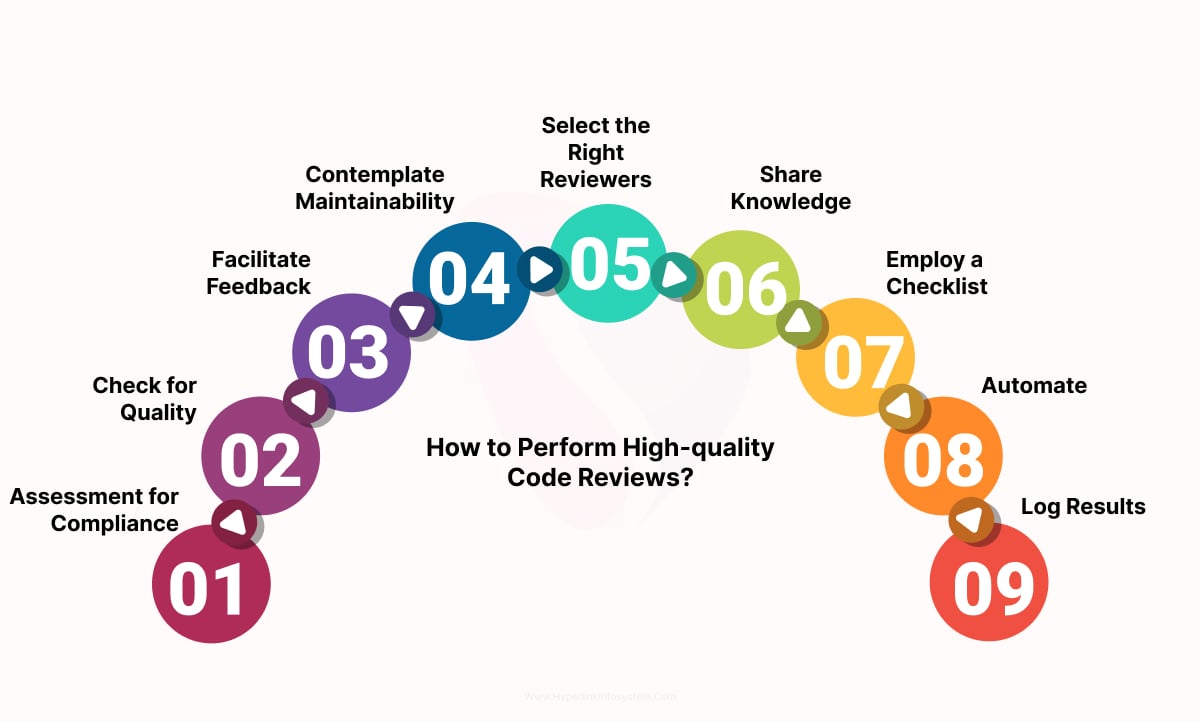Role of Blockchain in the Real Estate Industry
Oct 2024
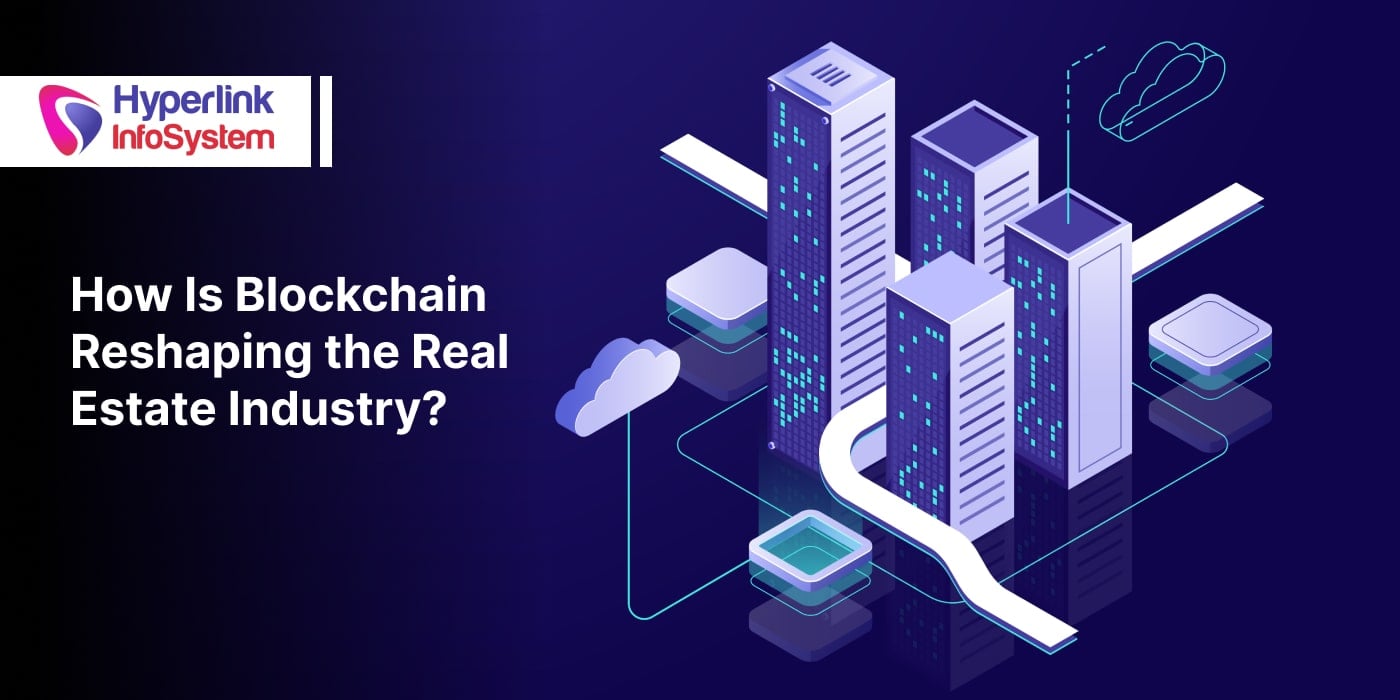
For someone unaware of cybernetics, a blockchain-distributed transaction ledger might appear as just another ledger. However, an individual who has experience with this technology or is familiar with it will be surprised by its degree of utility since it serves several disciplines other than just finance. Therefore, the goal of this blog is to show how blockchain technology intersects with real estate and influences the economy.
Blockchain is a new and more secure way to store and share data. The stored information is temper-proof because it is stored in distributed ledgers. Real estate business owners and brokers can store papers, data, and transactions on these distributed ledgers.
Role of Blockchain in the Real Estate Industry
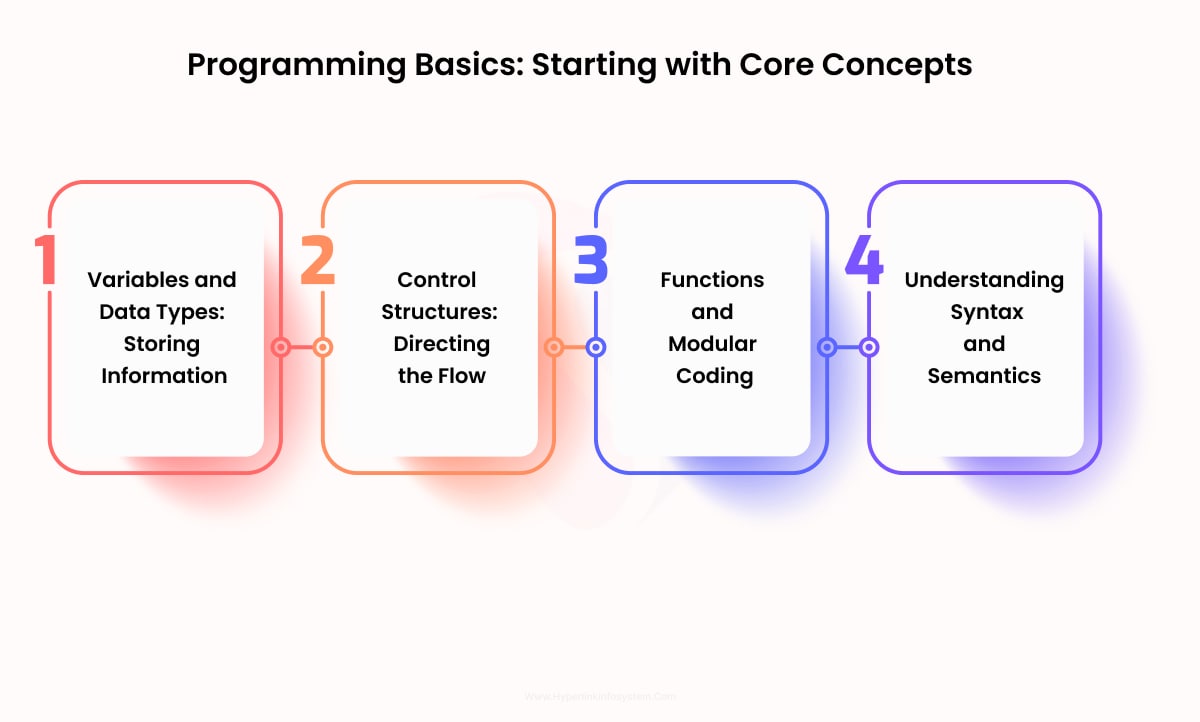
The real estate industry benefits from blockchain in terms of efficiency, security and transparency, which are its major challenges. For this reason, blockchain plays an important role in the real estate business.
Offers Transparency and Trust
In regards to property dealing, transparency is a necessity, but buyers, sellers, and brokers do not seem to trust each other and hence struggle with transaction transparency. However, a transparent record of all transactions on blockchain technology is available at any time, allowing the parties concerned to audit or verify them freely by themselves without outside help. It is possible to ensure transparency and trust by partnering with a top blockchain development firm.
Use of Smart Contracts
Smart contracts eliminate the need for intermediaries and automate contract agreements. With the help of blockchain technology, a property sale will be executed automatically when the conditions are met. This reduces costs and eliminates delays. These blockchain solutions provide more accuracy and minimize human error in contract agreements.
Reduced Costs and More Efficiency
For this reason, real estate company leaders can save their financial resources as well as time by utilizing this technology directly in transactions. Using blockchain applications in real estate, closure periods for all possible deal types will be significantly decreased while expenses will be minimized considerably.
Secure Property Ownership Records
Secured by blockchain technology, property ownership records are kept safe and sound. Information fed into the ledger is never taken out or modified in any way possible. Instant ownership verification as well as fraud prevention becomes possible due to this technology among other things. Popular blockchain applications enable real estate companies to handle all the necessary data safely.
Fractional Ownership and Tokenization of Real Estate
Shares can be divided and properties can also be tokenized thanks to blockchain technology. Hence, even if one can’t afford a house, he/she can still invest by purchasing its shares. Investors likewise use these tokenized real estate properties on blockchain networks to make their investments.
Seamless and Secure International Transactions
By using blockchain, cross-border real estate transactions are now easy and secure. Traditional cross-border purchases have so many complications, like currency exchange, legal complexities, and delays. Meanwhile, blockchain solutions allow payments in cryptocurrencies too.
Blockchain technology could make a way for property owners to change how they handle ownership records and transactions involving real estate entirely. The real estate industry can embrace this technology faster by engaging specialized blockchain developers as consultants.
Benefits of Using Blockchain in Real Estate
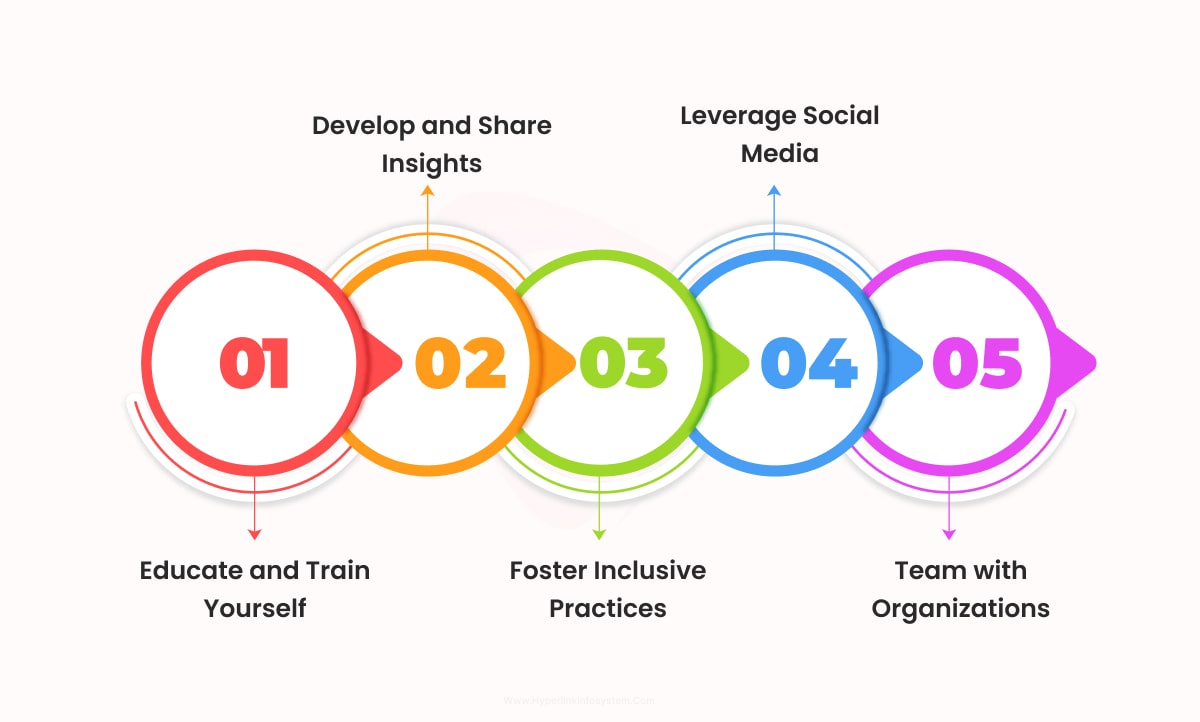
With speed, safety, and openness offered by new technologies, blockchain is transforming how property business is done. Below are some key reasons why real estate has embraced blockchain technology.
- More Transparency
The major issue that plagues the real estate sector is the dearth of transparency often resulting in frauds and disputes over ownership rights. By blockchain technology, a distributed ledger ensures that all transactions are recorded in a form that is available for every concerned party. This high level of openness among buyers, sellers, and intermediaries reduces the chances of misunderstandings. To secure their transactions, property firms can adopt blockchain solutions as they offer verifiable transaction and ownership records.
- Reduced Intermediary Costs
Real estate transactions are associated with high costs due to the presence of numerous intermediaries such as attorneys, brokers, and escrow agents, hence the need for increased costs. Hence, with blockchain development services, person-to-person transactions can take place without involving many intermediaries. This enables smart contracts to automatically regulate agreements between two parties, reducing administration or legal interference. One possible feature is that ownership can instantly change hands after a payment is made. This results in reduced transaction charges as well as faster processing times.
- Faster Transactions
Real estate transactions were typically a slow affair because of several parties involved and a lot of paperwork that had to be done. Yet, lease agreements, escrow settlements, and property transfers among others, could be done automatically through the use of smart contracts on a blockchain platform, thus fastening these processes. Automation makes things easier for sellers and buyers by eliminating delays and ensuring that transactions are done quickly. According to top managed blockchain solutions for real estate, this will help reduce the time taken to complete deals.
- More Security
Significantly concerning to most people is the security aspect when sensitive information such as ownership chronicles and financial details are revealed in real estate dealings. Due to a blockchain development service's immutable and encrypted platform, once recorded, a transaction or contract cannot be modified or altered. Hence, it minimizes the chances of fraudsters and online hackers. Thanks to Blockchain's distributed architecture, where property data is spread over numerous points instead of centralized weak spots, this is a safety improvement.
- Everyone can Invest
In relationship to Blockchain, the owners are fragmented through the tokenization of real estate insomuch that they can now involve themselves in such investment schemes as group buying or pooling. People who lack enough money to buy an entire house may find solace within this framework by investing in pieces. This would involve splitting the real estate into smaller portions which allows for trading them because these properties can be made accessible to multiple investors thus increasing market entry and exit for these assets. Through utilizing Web3 technology in the real industry and prominent blockchain applications decentralized platforms will be established where property tokens can be bought and sold by the investors themselves.
- Global Access
Like before, people have suffered hurdles like currency shifts, legal disparities, and geographical barriers in cross-border real estate dealings. Cryptocurrency usage through the blockchain makes it unnecessary to require this exchange and facilitates seamless international transactions. Furthermore, it simplifies the law part of things by providing globally enforceable smart contracts that can be verified. Thanks to blockchain technology, investors from everywhere in the world can conveniently invest in foreign property markets without having to confront convoluted laws or costly transaction fees.
- Better Property Management
Transactions such as rent collection, maintenance requests, and lease renewals on blockchain-driven distributed property management services can be automated by landlords and property managers. In this sense, it enhances productivity through real-time monitoring of tenancy agreements and rental information, which makes these platforms transparent to landlords. The implementation of blockchain solutions in real estate management improves efficiency by providing easy access to information and making sure that it is safely stored.
- Reduced Fraud and Title Disputes
The use of Blockchain technology is a significant deterrent for all forms of fraud in the Real Estate sector owing to its immutability feature (Mason, 2019). Once in a blockchain ledger, property titles are unchangeable, traceable, and secure. This greatly lowers cases of fraudulent activities like double selling or false claims of ownership in the case of a blockchain development firm, which ensures secure decentralized title registration systems that prevent fraud and title disputes.
- Cost-Efficient Auditing
Prices and time spent on compliance activities are increased in real-estate transactions due to strict regulations. The blockchain, through its clear and available ledger, can lessen auditing to save time. This way, companies can trail and check payments without any difficulty hence abiding with both national and international local regulations. This makes it cheaper and faster for property businesses as they will be using blockchain technologies to do so.
- Access to Real-Time Data
All this is happening due to blockchain technology, which now enables one to access property valuations, ownership records, and market trends instantly. With the assistance of such data in real-time, it’s easy for buyers, sellers, and investors to make informed decisions about their money. Specialized blockchain developers can be engaged to enhance platforms that offer instant data availability to improve decision-making in the real estate sector and also increase transparency.
All in all, the real estate sector is transforming thanks to blockchain, which provides secure, transparent, and efficient solutions. In addition, blockchain technology has many benefits, including fractional ownership and reduced transaction costs. It is anticipated that as more businesses begin using blockchain development services, the real estate industry will experience tremendous growth that is simpler, safer, and more accessible than ever before.
Challenges of Integrating Blockchain into Real Estate
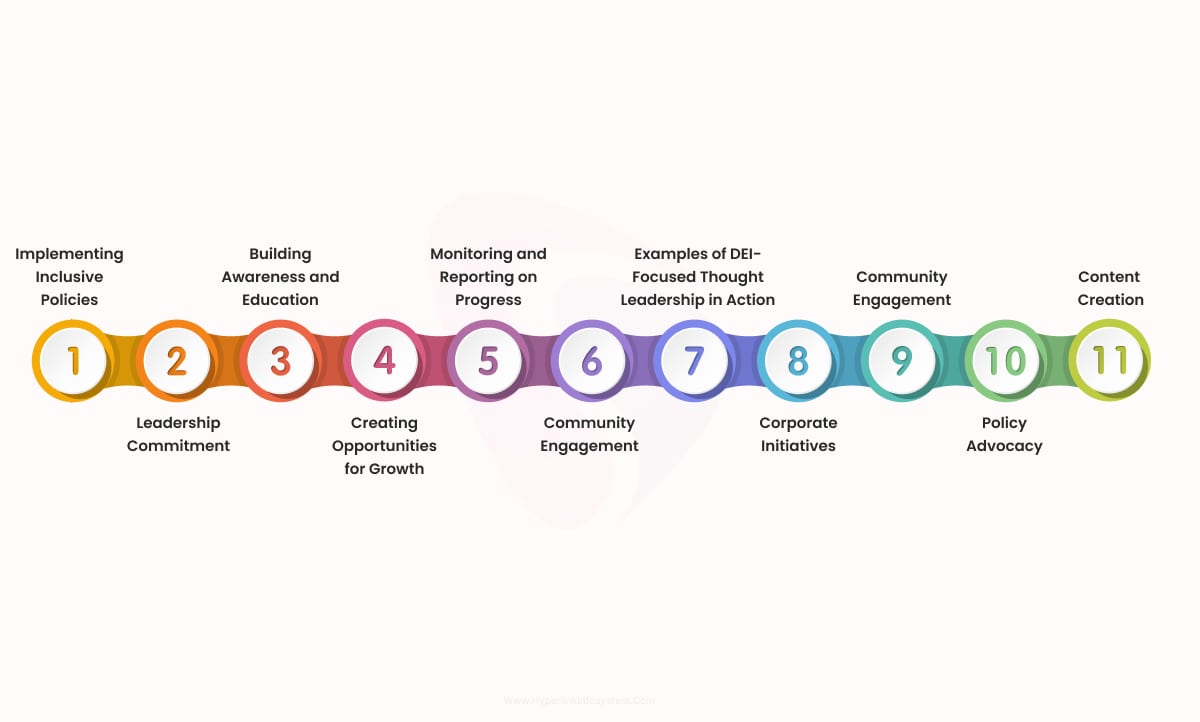
Though numerous advantages exist for blockchain technology within real estate, its application remains challenging, and some issues remain unresolved. The integration of blockchain into real estate operations comes with several challenges facing companies in this industry, among which are:
- Regulatory Uncertainty
After all, blockchain has not been embraced widely by most governments in the area of property-related laws due to its recentness. Property tenure and asset movement rules, as well as the application of virtual coins in trade, differ from place to place with huge variations. This absence of common law infrastructure induces fear for entrepreneurs considering employing this particular technology. Besides, achieving compliance with existing real estate legislative requirements could complicate its adoption further. Therefore, it’s important for those involved in real estate to continually follow up on regulatory changes so as not to run into trouble legally.
- High Implementation Costs
Even if it has long-term cost savings advantages, the initial expense of integrating blockchain into the existing real estate systems may be high. Implementing blockchain development services requires investing in new hardware, software, and personnel, apart from retraining staff on using the technology. To maintain a blockchain infrastructure, additional operational costs may come from recruiting blockchain specialists. While upfront costs could prove to be unaffordable for smaller companies, enlisting professional blockchain developers with adequate expertise guarantees smooth deployment.
- Slow Adoption in the Real Estate Industry
Because of its dependence on outdated systems, many intermediaries, and convoluted transactional procedures, the real estate industry has always been a laggard in the adoption of new technologies. Blockchain which could provoke resistance from important players such as brokers, agents, and legal representatives is a radical departure from what is known. However, stakeholders within the industry would likely be hesitant to adopt blockchain solutions on a mass scale due to their risk perception and ignorance about this particular technology.
- Data Privacy and Security Concerns
Even if blockchain doesn’t solve everything related to data privacy, it remains a risk especially when it comes to sensitive personal and financial data. In particular, there may be questions about who has access to such information in the area of real estate. Furthermore, ensuring that they comply with laws regarding privacy such as CCPA or GDPR makes matters even more difficult; indeed, some blockchain developers create private ones that only allow selected people access to the given information. On top of this, they need to balance the need for data protection against transparency when implementing such systems.
- Interoperability with Legacy Systems
Many real estate companies rely on established legacy systems for property management, transactions, and record-keeping. Integrating blockchain into these existing infrastructures can be challenging, as it often requires significant modifications or the complete overhaul of current systems. Ensuring that blockchain networks can communicate and work effectively with traditional software platforms is a crucial challenge. Top blockchain development companies must focus on creating solutions that facilitate smooth interoperability between blockchain platforms and legacy systems.
How to Overcome the Challenges?
- Team up with the Government and Regulatory Authorities: Collaborate with government and international regulators to set clear guidelines for using blockchain technology in the real estate sector.
- Invest in Training and Education: Close the knowledge gap by hiring dedicated blockchain developers and educating real estate players on how they can benefit from implementing this technology.
- Collaborate with a Premier Blockchain Development Firm: Partnering with a leading supplier of blockchain assures housing companies of custom-made, secure, and scalable solutions.
- Implement Mechanisms for Sustainable Consensus: To tackle concerns about energy consumption, switch to more energy-efficient consensus algorithms like proof-of-stake.
Conclusion
To sum it up, despite a range of challenges that may exist when integrating blockchain into real estate systems, rewards can far outweigh them. If they adopt the use of blockchain systems then real estate agents will control future developments in the sectors by making them more efficient and sure. Hire dedicated blockchain developers from top blockchain development companies to ease up the integration process of blockchain in the real estate industry.
Frequently Asked Questions
Hire blockchain developers who can seamlessly integrate blockchain into your business. Before hiring anyone, check their experience and expertise based on their portfolio.
Blockchain provides benefits such as more transparency and security, reduced costs, easier international transactions, and more.
Blockchain will unlock new opportunities for businesses as it reduces the costs of manual tasks and provides more efficiency. So the working professionals can focus more on developing new business models using advanced technologies like Blockchain, Machine Learning, and Artificial Intelligence.
Latest Blogs

Is BlockChain Technology Worth The H ...
Unfolds The Revolutionary & Versatility Of Blockchain Technology ...


IoT Technology - A Future In Making ...
Everything You Need To Know About IoT Technology ...

Feel Free to Contact Us!
We would be happy to hear from you, please fill in the form below or mail us your requirements on info@hyperlinkinfosystem.com
Hyperlink InfoSystem Bring Transformation For Global Businesses
Starting from listening to your business problems to delivering accurate solutions; we make sure to follow industry-specific standards and combine them with our technical knowledge, development expertise, and extensive research.
4500+
Apps Developed
1200+
Developers
2200+
Websites Designed
140+
Games Developed
120+
AI & IoT Solutions
2700+
Happy Clients
120+
Salesforce Solutions

40+
Data Science












